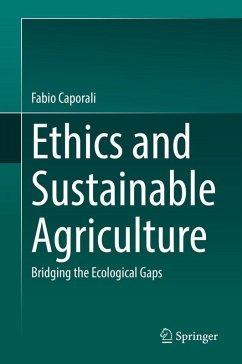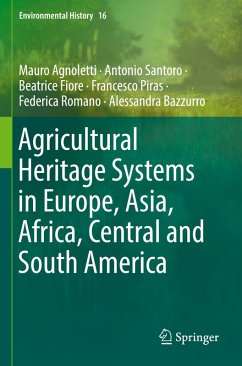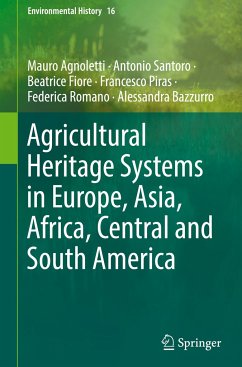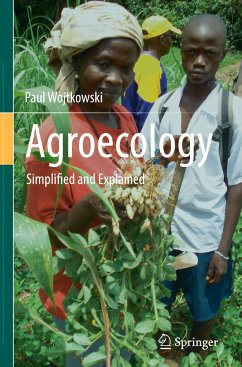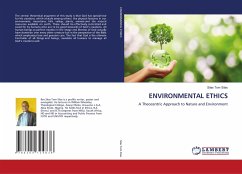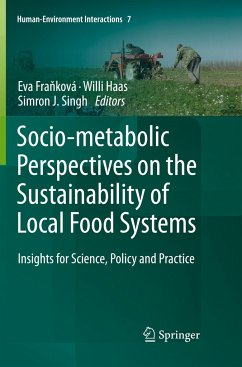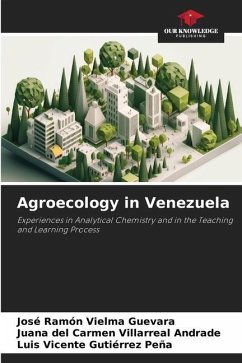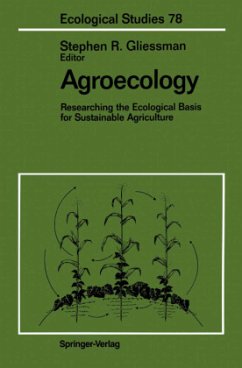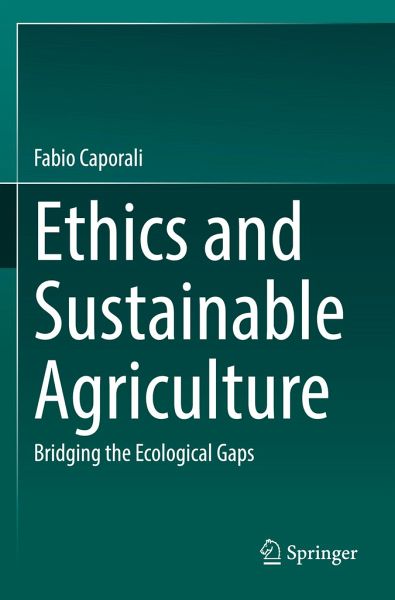
Ethics and Sustainable Agriculture
Bridging the Ecological Gaps
Versandkostenfrei!
Versandfertig in 6-10 Tagen
98,99 €
inkl. MwSt.
Weitere Ausgaben:

PAYBACK Punkte
49 °P sammeln!
This book describes the alarming condition of agriculture in the Anthropocene, when the ethical conception of agriculture as a service of common utility for both society and environment has progressively been marginalized. The ethical utility of agriculture has been sidetracked with the increasing industrialisation of society, the involvement of agriculture in the business-as-usual economy, and the consequential environmental and societal impacts it has had. Thus, re-establishing a meaningful bridge between ethics and agriculture is necessary. A relatively new science (ecology) with both a new...
This book describes the alarming condition of agriculture in the Anthropocene, when the ethical conception of agriculture as a service of common utility for both society and environment has progressively been marginalized. The ethical utility of agriculture has been sidetracked with the increasing industrialisation of society, the involvement of agriculture in the business-as-usual economy, and the consequential environmental and societal impacts it has had. Thus, re-establishing a meaningful bridge between ethics and agriculture is necessary. A relatively new science (ecology) with both a new epistemological tool (that of the ecosystem concept), and a unique narrative of sustainable development, can help bridge this gap.
This book focuses on ethics as a lever for raising scientific, technical, social, economic and political solutions to adopt in agriculture as a model of symbiotic relationships between man and nature. It provides a detailed discussion of the ecological intensification practices in order to maximize ecological and ethical services, wherein agroecosystems will follow.
This book focuses on ethics as a lever for raising scientific, technical, social, economic and political solutions to adopt in agriculture as a model of symbiotic relationships between man and nature. It provides a detailed discussion of the ecological intensification practices in order to maximize ecological and ethical services, wherein agroecosystems will follow.





